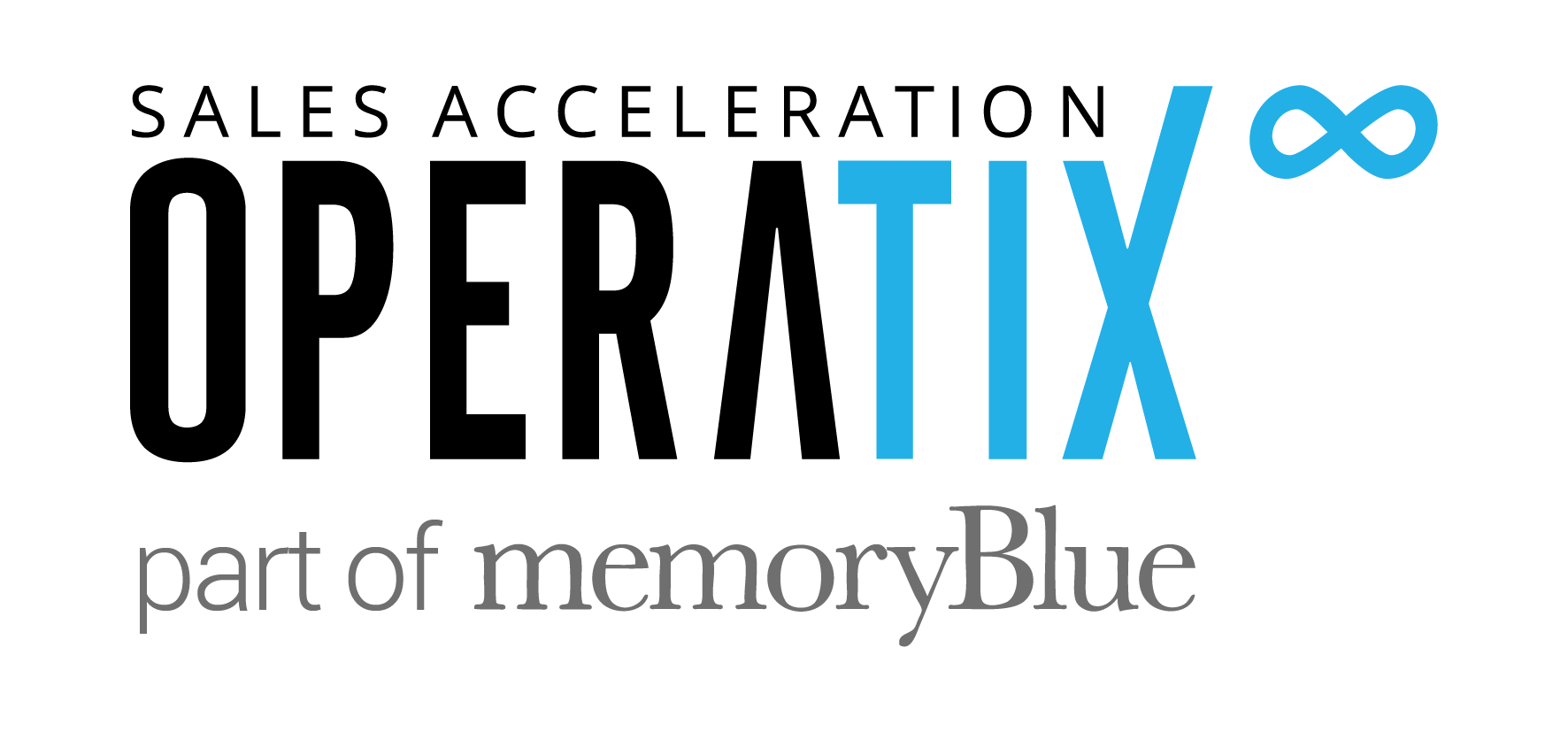Scaling your business in Europe is not easy.
Local knowledge, dozens of languages, tiny budgets, and brand awareness are just a few of the difficulties you’ll have to overcome during the process.
In a recent episode of B2B Revenue Acceleration, I had the chance to speak with Henrique Moniz de Aragão, VP and GM, EMEA at G2, about the challenges of breaking into the European tech market.
“We add value and make money by helping marketing and sales teams and tech companies connect with more than 5 million buyers a month,” Henrique said.
In the last 18 months, G2 has been going through an expansion phase to bring its technology, already popular in the U.S.,to Europe.


There is a huge value in being in touch with how people like to buy.
Henrique Moniz de Aragão – VP and GM, EMEA at G2
The European expansion phase
So, the last time that Henrique took a software into Europe, it was with Salesforce.com.
It had 90% of its customer base in the U.S.
A lot of things aren’t different in the US compared to Europe, but one obstacle he had to overcome was stereotyping.
European buyers have been underserved by the stereotype that they’re years behind the U.S. ‘in cloud adoption’ — or generally slower in terms of adopting new tech.
This is incorrect.
“European buyers are some of the most well-educated, savvy buyers in the world,” Henrique said. And they’re always hungry for new tech.
Even if it may not seem the ideal time to bring your business to Europe (Brexit, COVID-19, and all the business uncertainty of 2020), it’s always a good time to build brand awareness.
In their expansion to Europe, G2 ramped up the team in March – ramping up teams already comes with its challenges, but just as they got to this stage, COVID-19 hit, they had to stop, analyse and re-plan.


You don’t need deep pockets to do great work.
Henrique Moniz de Aragão – VP and GM, EMEA at G2
Scaling at startup or enterprise
European’s seem to always be hungry for new tech, even with COVID-19, technology is a place, and one of the only places to come out of this pandemic feeling safe and looked after – that’s important to remember when scaling up.
The European territory has the reputation of having lots of small, unique pockets: selling in Germany is totally different than selling in France, this is due to a number of reasons, some of which are listed below:
Local knowledge
G2 had broad appeal across industries — but not much awareness in the market.
The distribution model relied on field-based sales teams in individual countries, typical B2B sales with long sales cycles, workshops, multiple stakeholders, etc.
“There is a huge value in being in touch with how people like to buy,” he said. “We celebrate our diversity in Europe, and that translates into the way in which we do business.”
Regardless of whether you have local teams right now, Henrique recommended focusing on countries that are happy to do business in English, and to have a focus on building a diverse team.
Pros & cons of scaling at enterprise
No two big businesses are the same, just as no two SMBs are the same.
In a big business, keeping the company culture and values the same as you scale becomes a real challenge.
Another con is that it typically takes a longer time to get approvals for something, compared to a smaller company, by which time your prospect may have lost interest.
Employees, too, might think you don’t care about them.
“You get a lot more infighting and issues around territory allocations, especially in sales, like splits on global deals, all that kind of stuff. So a big company will provide you more obstacles in terms of building an environment that is supportive,” Henrique warned.
On the pro side, you’ll typically have a much bigger budget. You could also enter a new territory with strong brand awareness that makes for an easier sale.
Pros & cons of scaling at startups
Just the same as big, corporate companies, no two small businesses are the same, you cannot compare team cultures, and remember – people don’t leave managers, people leave teams.
At a startup, you’ll have a smaller budget (a lot smaller) but likely more freedom to use it at your discretion.
So, a startup is much more agile and flexible but also takes more grit and hustle.
Your company culture could be tighter, but you almost certainly lack the training resources to really perfect your team.
“If you spend your entire career doing just startups, I guarantee you, especially as a fast growing startup, you will get left behind because the company will outgrow you,” Henrique said.
In other words, startups have a huge turnover, as we know.
A big company will provide you with more obstacles, in terms of building an environment that is supportive or rewarding in multiple ways. It’s important to have a combination of startups and big corporate – to scale successfully.
A bit of both
It’s important to strive for a blend. “One of the reasons why some of the teams that I’ve had the privilege of leading in startups and scaleups have been as successful as they have is because of a lot of the big corporate frameworks, processes, and scalability initiatives that we’ve brought from our time at big corporates,” Henrique explained.
He also gave this encouragement: You don’t need deep pockets to do great work.
Experienced people are the key to giving you a huge competitive advantage.


Don’t try and be everything to everyone. Focus on nailing one market or one segment before moving on to the next.
Henrique Moniz de Aragão – VP and GM, EMEA at G2
3 essentials for scaling in Europe
If you’re going to scale in Europe, you’re going to need these:
1 — Brand awareness
It doesn’t matter how big or well-known you think you are (or that you actually are in North American markets), building trust and awareness with the skeptical European buyer will take time.
It’s essential to assess the levels of engagement you have right now by looking out for website traffic, levels of engagement, and search engine results. Rank yourself against your competitors by popularity, satisfaction, market presence in the region, etc.
“Most companies I speak to tend to be quite surprised, sometimes offended, just at how unknown they are in the region,” Henrique said.
2 — Existing revenue
This will dictate how you start your team. If you only have 20 customers in Europe, you’ll have a smaller team than if you have 100 European customers.
“If you have no customers and no revenue, the first step is to hire one or two people max,” Henrique said.
But if you have some local customers that you’ve been supporting remotely, you can build out some non quota carrying roles. (That’s the key to scaling, after all.)
3 — Stay niche
You should resist the urge to go into multiple markets and multiple segments.
Ask yourself what’s your sweet spot and then keep very close to that. Don’t assume because, for example, you have gone enterprise in the US, that you will get this result in Europe straight away. Consider starting in the UK, as well, because of its diverse talent.
His top tip for budget is “Don’t try to be everything to everyone, focus on nailing one market or one segment before moving on to the next.” If you are spending financial and human capital on acquiring companies, take into consideration that just because a company is an ideal customer, this does not mean they will buy from you.
He explains, “Do yourself and your budget a favour, invest in technology that allows you to understand what these activities they are doing online say about their readiness to buy, that allows your budget to go further”. Henrique took emphasis on the fact that there shouldn’t be such a focus on acquiring new customers, as things go so much further when you look at your growth economics and satisfying your current customers.
Get in touch with Henrique on LinkedIn.
To hear this interview and many more like it, subscribe to The B2B Revenue Acceleration Podcast on Apple Podcasts, on Spotify, or on our website.




